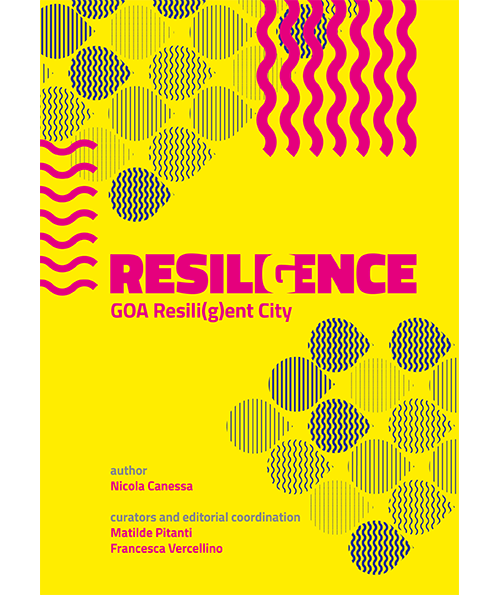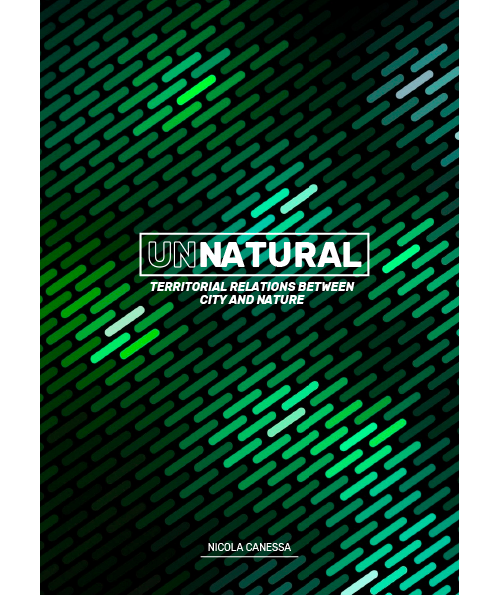

Resili(g)ence (vol. 2)
GOA Resili(g)ent City
Nicola Valentino Canessa
The Resili(g)ence publication is part of the outputs produced within the European project KAAU, Knowledge Alliance for Advanced Urbanism (www.ka-au.net), Erasmus + program, and consists of two volumes: the first Resili(g)ence Intelligent Cities / Resilient Landscapes offers reflections on the general framework and on the theme of resilience applied to intelligent cities and the landscape, while the second volume GOA Resili(g)ent City, analyses the case study of Genoa.
Resili(g)ence is a combined word, created by Manuel Gausa, merging the words resilience and intelligence. Intelligence is intended not only as the artificial but also as the human one, though undoubtedly today the world of BigData and OpenData can help the better understand of the city and its dynamics. Resilience, instead, is a term derived from the materials science and indicates the property that some materials have to maintain their structure or to regain its original shape after being


Unnatural
Territorial Relations between City and Nature
Nicola Valentino Canessa
The theme is increasingly important mini European cities where the urban transformations must be able to bring in nature, but it is also very interesting the relationship of new urban contexts those generated by new metropolitan areas that allow you to connect areas that were previously considered a "back" to the city.
The book is divided into two parts the first more theoretical with the story of these new territorial opportunities, the second part instead is more graphic that linked feeling of some projects developed within the courses of the thesis.


